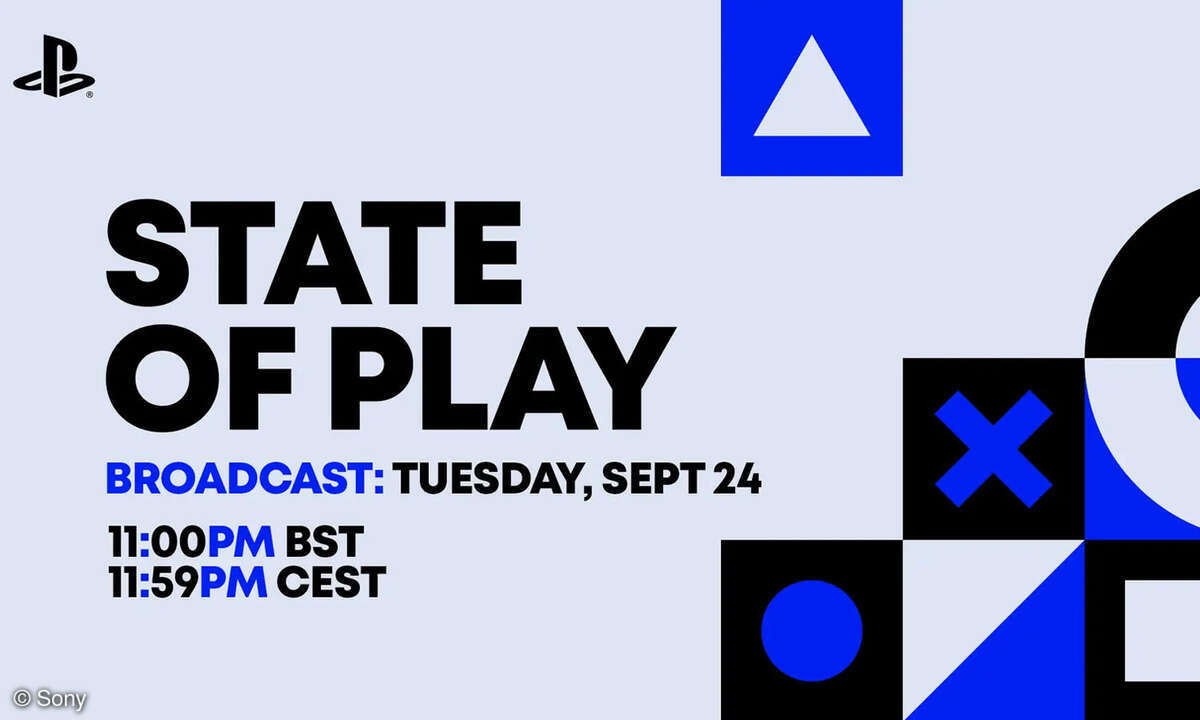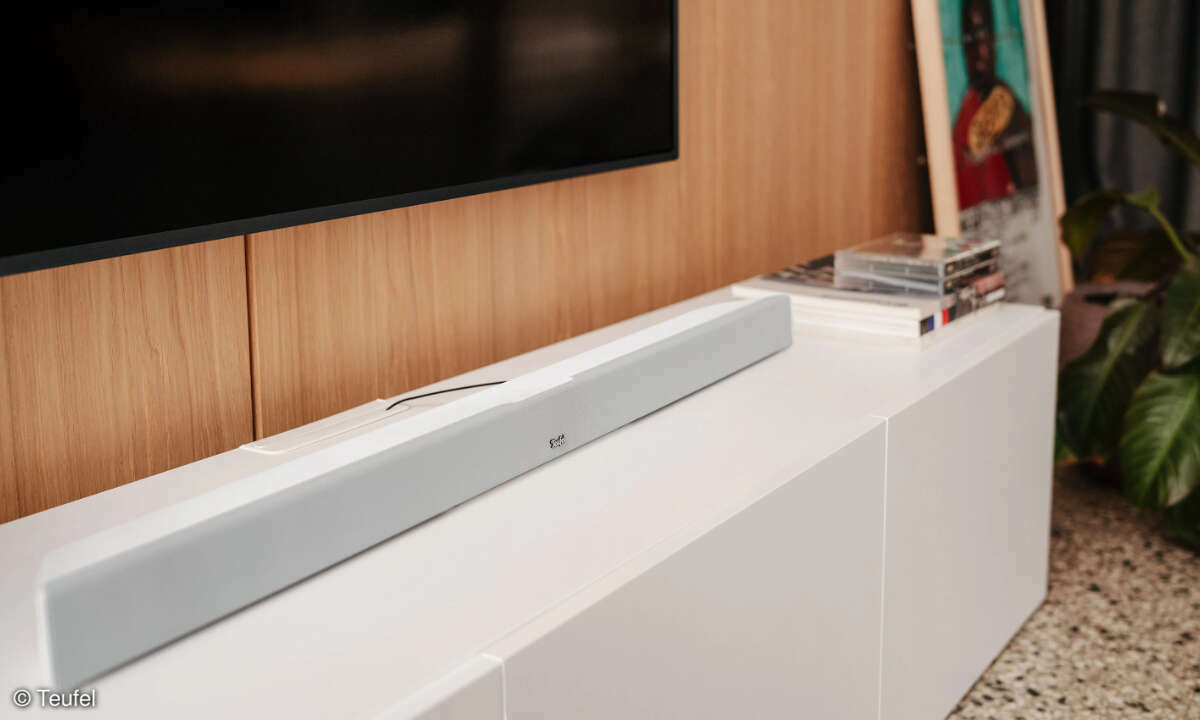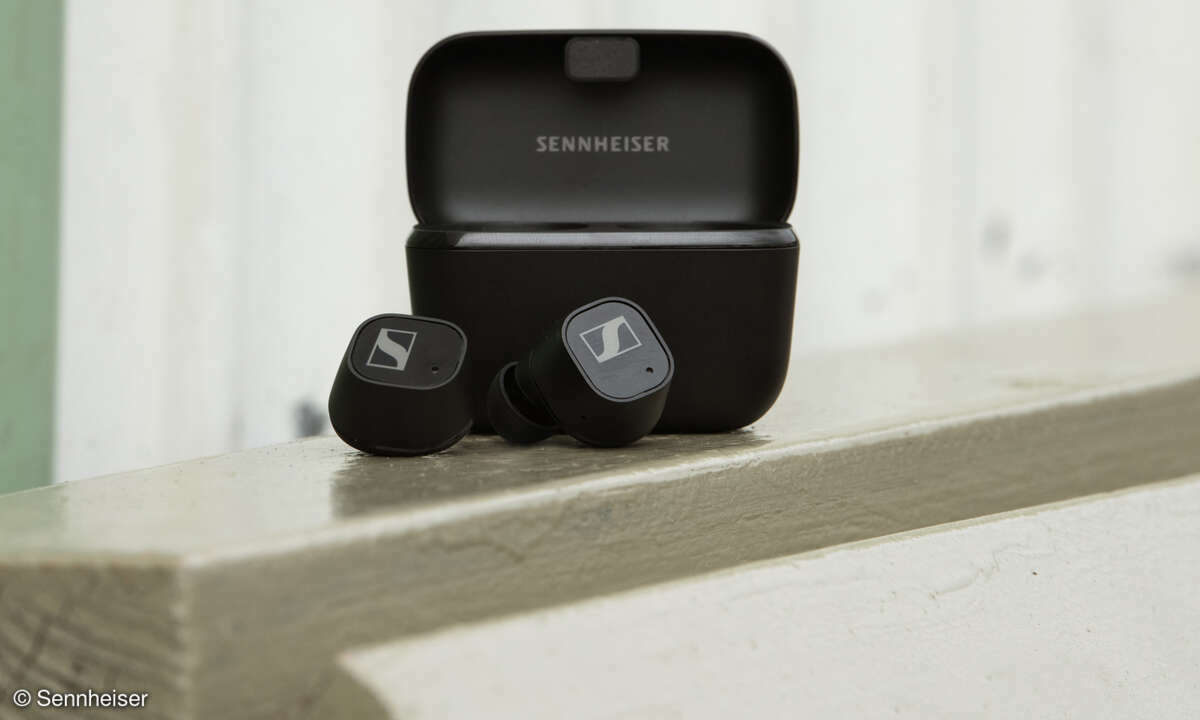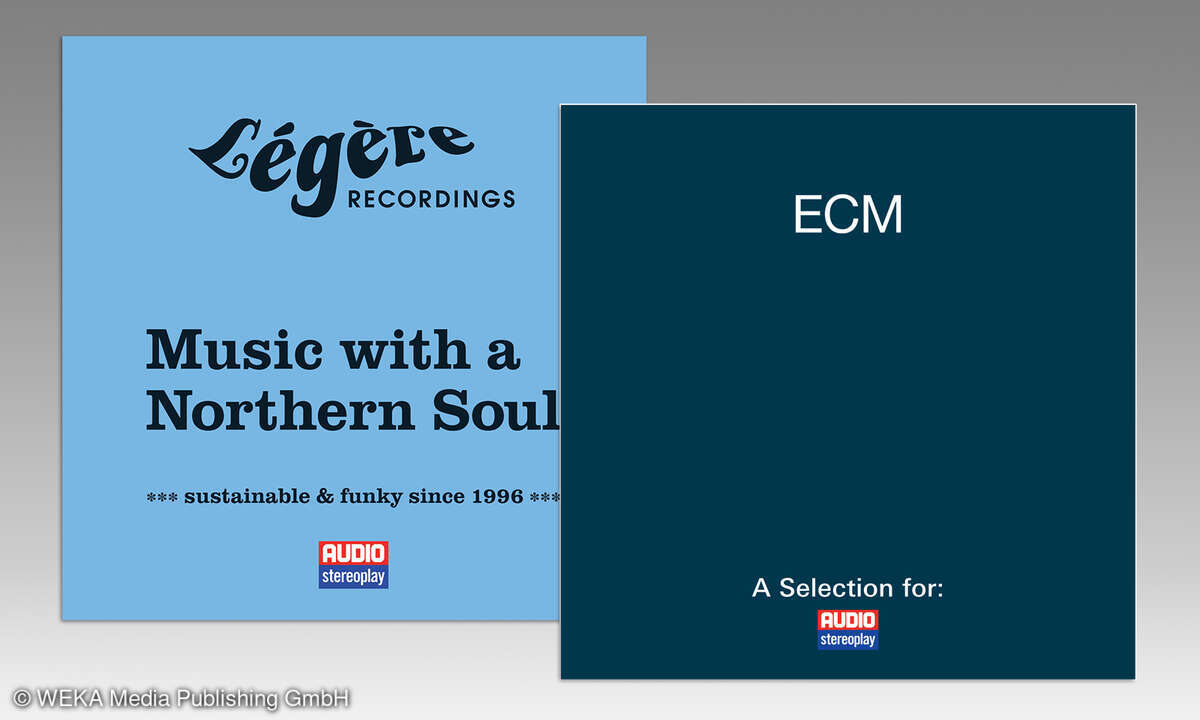Interview mit Bernie Grundman
- Spezial: "Loudness-War" - Interviews mit Ton-Profis
- Interview mit Bob Ludwig
- Interview mit Eroc
- Interview mit Bernie Grundman
Bernie Grundman erarbeitete sich seinen legendären Ruf schon während seiner 15 Jahre als Mastering-Ingenieur bei A&M Records. Seit 1983 leitet er seine eigene Firma in Hollywood, Kalifornien www.berniegrundmanmastering.com, die unter anderem sechs Mastering-Studios beinhaltet: Vom rein di...
Bernie Grundman erarbeitete sich seinen legendären Ruf schon während seiner 15 Jahre als Mastering-Ingenieur bei A&M Records.
Seit 1983 leitet er seine eigene Firma in Hollywood, Kalifornien www.berniegrundmanmastering.com, die unter anderem sechs Mastering-Studios beinhaltet: Vom rein digitalen auf allerhöchstem Niveau bis zum pur Analogen inklusive Schnitt (siehe auch Doors Vinylbox Magazin Seite xx). Der mit vielen Preisen ausgezeichnete Grundman masterte unter anderem Ry Cooder, Michael Jackson oder Quincy Jones.Der vielbeschäftigte Mastering-Guru schickte seine vollständigen Antworten leider erst nach Redaktionsschluss von Ausgabe 7/08 ein. AUDIO: How can you really improve the sound of an ancient analogue or an old digital master and which tools can help?Grundman: In order to improve old recordings, the primary area to accomplish this is through better equipment and signal path during the mastering process. To begin with, there is no way of improving the actual quality of the original. It is what it is, but if everything in the mastering signal path preserves the highest resolution, it is possible to bring the listener more of what is actually on the master tape. That doesn't always mean the "latest and greatest" or anything for that matter. We spend our lives testing & creating custom equipment that best preserves the resolution of the master source. Additionally, judicious EQ can enhance many recordings that were not balanced well, giving the listener an experience and impression that is better. Many of the older discs were mastered with hi and low pass filters to avoid any problems with the limited tracing ability of inexpensive cartridges and power restrictions of early cutting amplifiers. This is further evidence that what was on the master tape never got to the disc. Now we have vastly improved cartridges and higher-powered cutting amps making it possible to hear what was actually always there. Digitally better clocking and improved converters have resulted in similar improvements.AUDIO: Do you think that the loudness war means the death of dynamics in pop music?Grundman: Surely the loudness war has decreased the dynamics of pop music, but some mastering techniques do retain still a good sense of dynamics in spite of having a high average level. The problem is poor judgment: choosing loud for loudness sake, thus subordinating musicality. We should all remember that serving the music is primary. As soon as the original intention of the music is in jeopardy, you have gone as far as you can go. That point will vary depending on the skill of the mastering engineer. Truth of the matter is that I would prefer not to do much dynamic reduction at all, but in all the years I've been in the business of mastering clients believe that loudness makes their recording more competitive.AUDIO Do you suffer from the sound of the current pop/rock recordings?Grundman: Not all, but oftentimes, the processing that goes into making a recording extremely loud will extract some musicality, even take on a mechanical sound that is incompatible with the music. It then has the effect of being annoying and/or fatiguing. AUDIO: What do you think about brickwall limiting?Grundman: Brickwall limiting is used by most pop mastering engineers, but again judgment comes into play. This type of limiting usually causes clipping and as a result some distortion, however certain transient peaks can be limited in this way and sound more transient and snappy than other ways of controlling peaks. Usually a combination of two, or even three types of dynamic control are used to get the overall control with the least amount of perceived change in the natural dynamics. AUDIO: If a producer demands "the loudest CD ever" - what would you answer?Grundman: We are always trying to help clients achieve their goals, so if a producer wants to go all out for level, we try to accomplish their wishes. I think that it is our job, though, to point out the shortcomings of anything extreme and the consequences that they might not be away of. This is the reason we are always comparing to the source to determine how much degradation has occurred. In the end you might be fooling yourself and have done more damage than good.AUDIO: Do you support the "Turn Me Up!" movement?Grundman: Yes, I have always been against the constant push for more level. I prefer quality natural sound, but it's hard to convince mainstream pop producers who feel level is a competitive edge. There have been numerous times when a product first comes in and the producer is idealistic and wants the best quality. If I pull back and master conservatively, almost every time the next day they call me back and say "how come my album isn't as loud as (artist name)." What can you do? Unfortunately, it has always been this way in the pop music world.AUDIO: Which are the three best sounding records you've (re)mastered and the three worst sounding (maybe some you are not responsible for)?Grundman: Some of the best that come to mind are: 1) Steely Dan - "Aja"2) Michael Jackson - "Off The Wall"3) Sergio Mendes - "Brasileiro"When it comes to worst recordings, I don't feel it's good form to be negative..













